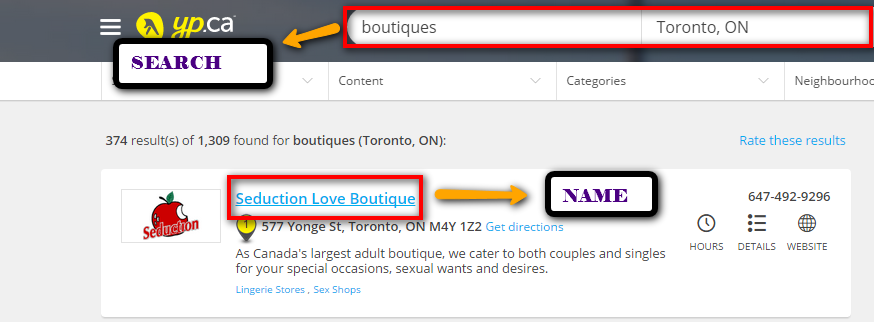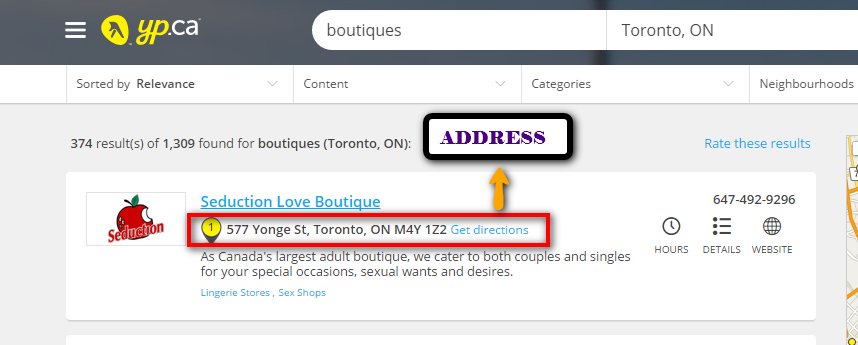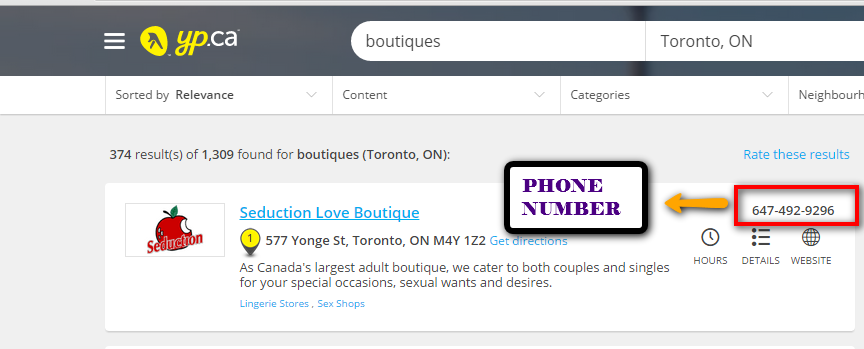Citations- The building blocks of SEO
What exactly powers local businesses? What does Local SEO thrive on? What is NAP? If these are some questions that have popped up while you are optimizing your local business or something that you wish to learn, read on to find out.
Even after completing all your online and offline Search Engine Optimization homework, are you not getting enough sales?
Done a thorough keyword research still not being able to attract the desired traffic? Are you not ranking well for the keyword that you want to rank on?
CITATIONS! Are you missing on them?
If the answer is a Yes, then let me tell you citations roughly form 25% of the local search ranking factors.
Citations! The building blocks of Local SEO!
What is a citation?
A citation is a mention of your business across the web (on local directories, associations or websites), irrespective of whether it is linked to you or not. It can possibly be seen as the following:
Company’s name.
- Company’s phone number.
- Company’s address.
- Company’s name and phone number.
- Company’s name and address.
- Company’s name, address and phone number.
- Company’s name, address, phone number, links etc..
- A citation can have any combination from the above described components (individual components can also serve as citations. For example- even a phone number alone can be a citation).
The above image is a citation.
To be more precise, citations can be classified as:
- Complete citation: A complete citation involves a complete NAP of your business. NAP stands for NAME of your business, a complete ADDRESS of your business and PHONE NUMBER of your business.

This is an example of a complete citation as it contains the Name, Address as well as the Phone Number
- Partial citation- A partial citation can be any of the first five points as described above.

This is a partial citation as it does not include phone number.
The ever-mentioned NAP:
- Name- The business name should be accurate and precise and consistent across every single place on the web. This would help the Search Engines and the users to establish trust in your existence. According to Google’s Guidelines for representing your business:
- The business name should reflect your business’s real-world title.
- Apart from the name, a little description too should be added. This will help the customers, know about your business offering or its location.
- Physical address- Google primarily focuses on the proximity of the user to your business location, so it’s essential to ensure that your listed address matches with your actual physical location.
Google’s guidelines clearly mentions that, no information shall be included in the address line that is, in no way related to your business’s physical location. Make sure, you give the entire address including city, state and zip.
- Phone number: Phone numbers help the users to connect with you, in case they have any query. So, make sure that your listed phone number connects with your local business. Instead of a central number or a call centre service, try to use a local phone number, as this would give a personalization touch (and trust me the users love that). Search Engines are busy little guys. They are not customized to think logically and rationally. So if you put different phone numbers, the Search Engines won’t be able to deduce that both the numbers belong to your website, and you will ultimately be at loss.
Different types of citations:
Unstructured:
Google because of its aim of working continuously towards greater customer satisfaction invented the concept of structured data that works better than unstructured data.
An example of unstructured data
An Unstructured data displays just the website’s name, its URL and the metadescription.
How is Unstructured Data different from Structured? Here’s the answer:
Structured:
Structured data provide information in a descriptive and meaningful way, which are displayed in the form of rich snippets.
Webmasters need to keep their content look attractive and informative. For this they need to communicate certain other information in the form of ratings and reviews, hours of operations, pricing etc. This information is represented in the form of structured data. Through this structured data, webmasters request Google that whenever a query related to them is searched, they crawl through this data and display the information as rich snippets along with their website names.
What should a complete citation have, apart from NAP?
- Category: Categorization is the most twisted job to do. Categorization helps the customers to get accurate and specific information that they are interested in. Whenever you start to create a local listing of your business, you are asked to select categories from a drop down list. Making this decision is a crucial part of your process. Try to choose a few categories that describes your business, and try to keep those categories as specific as possible. The chosen category should represent your business clearly. Instead of choosing the broader terms, try to concentrate more on the niche terms.

- Links: Some of the listing directories allow you to put your link to the website, while others don’t. Make sure that the link you provide directs the user to your actual business page. Avoid using those links that refer you or redirect you to the landing page.

- Email-id: This is another effective way of connecting with your customers. You can provide an email id which the customers can use in case of any query.
- Timing: Timing is the hours of operation of your business so that the customer may know about what time to communicate with you.
- Pricing: This involves giving the pricing of the various products you have so that the customer can decide which product to buy according to their budgets.
- Photos: Providing pictures is another good option to attract the customers
- Coupons: If you provide special discounts and coupons on your products, specifying them in your citations is always a plus point (as it attracts more customers).
Importance of Citations:
According to a study, 78% of the local mobile searches and 61% of the local laptop searches result in offline sales.
The potential to attract customers through local searches is not even definable.
Now suppose if the user wants to have pizza, he will go to Google and type in nearest pizza delivery restaurants. Now if your business is there in the local listings you will earn a customer! Now do you understand the importance of citations? If not, we will discuss what specific benefits does the user, the Search Engines and the website owners get through citation building.
- Search Engines: As discussed above, Search Engines are busy little guys. They use simple algorithms to give rankings to websites. Through citation building, Search Engines are assured of your business’s uniqueness. They have a simple logic that if you are mentioned at a lot of relevant websites (obviously with consistent NAPs), then you are definitely a good website.
- Users: Users rely on local listings to find a business which produces a particular product, get its location, find the directions, to know its ratings and review, to know its hours of operation, to know if there is any discount on that product etc. Needless to say, citations provides them with all the above information
- Website owners: As discussed above, citations roughly form 25% of the local ranking factors. So, more the number of consistent citations, more are the chances of getting a higher rank on the SERPs. The webmasters, thus gain in terms of higher rankings on SERPs and the following publicity (through increased word of mouth).
A common question plaguing everybody: Are all citations created equal?
Well, of course not! For example, you are an electrician based in San Francisco and have your business listed at two places- yelp and some directory which lists restaurants. Needles to say, being mentioned on a directory that is not related to your business would do you no good.
Additionally, citations from important and highly authoritative websites like yelp, foursquare etc have more weightage than newly established, small directories.
If you are a local business, then getting listed on local chamber of commerce, or other important local directories/sites will work for reinforcing your business in your respective local business community.
If you are mentioned/listed consistently at all the relevant, authorized and important places, Google will be convinced that you are a trusted site.
Consistency is key!
You need to ensure that your business listing is consistent across the web space, in order to establish trust in the eyes of Google. See the examples below:
- Name discrepancy: If you are listed as ‘Stuart’s Cake Shop’ in one listing and ‘Stuart’s Confectionary’ in another, the Search Engines will end up indexing them as two different websites.
- Address discrepancy: Now, suppose your Address: “Stuart’s Cake Shop, 25/87 Uptown street, gb818, Netherlands” is your actual address. But the address listed on yelp is: Stuart’s Cake Shop, 25/87 Downtown street, gb818, Netherlands. Now, the Search Engine will index these two addresses as different businesses. This can negatively impact your rankings.
- Phone number discrepancy: Search Engines are busy little guys, who don’t have the time to think logically and rationally. So, if you put different phone numbers, it is ought to confuse Google, thus directly affecting your rankings.








Share Your Thoughts